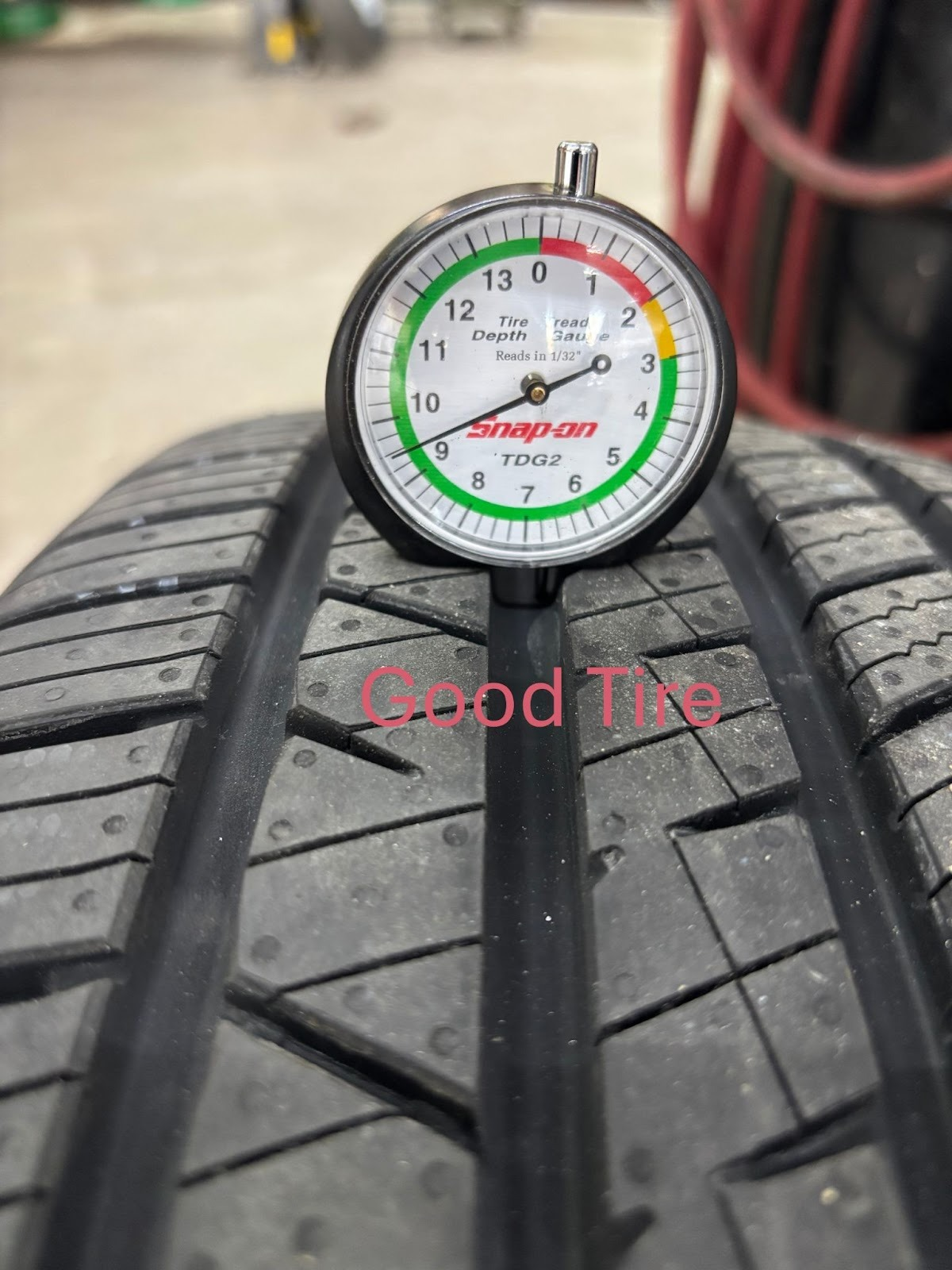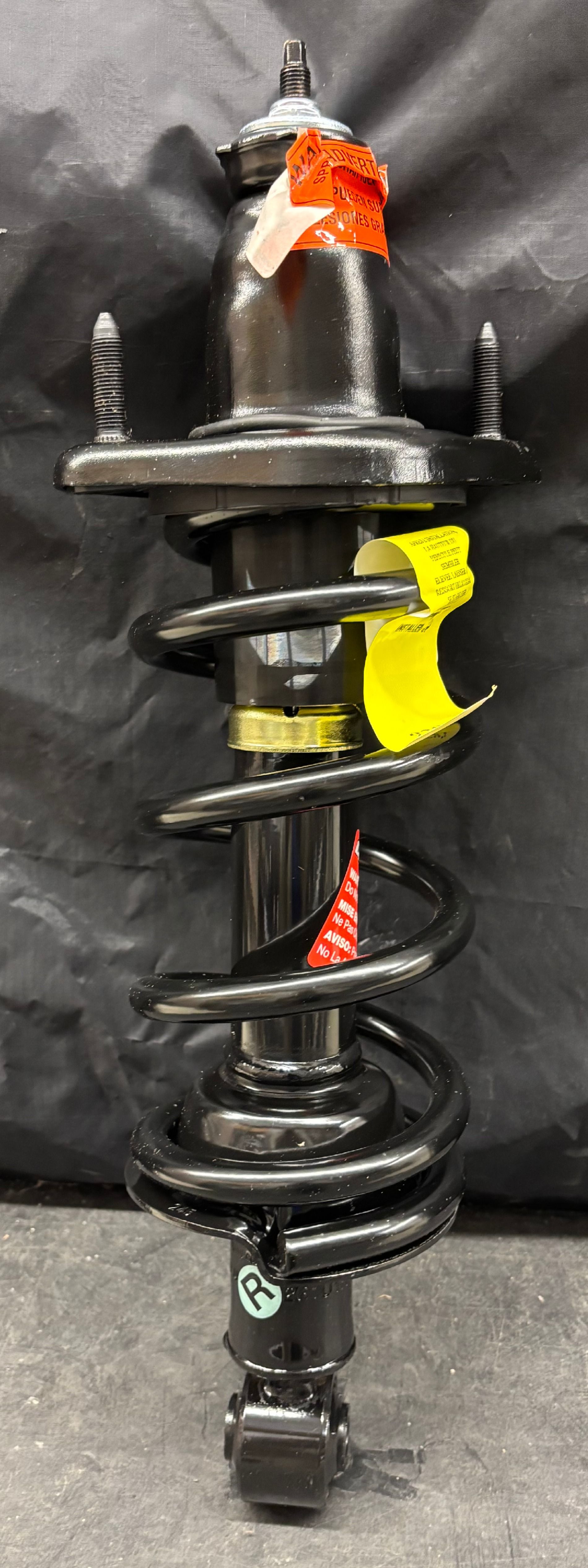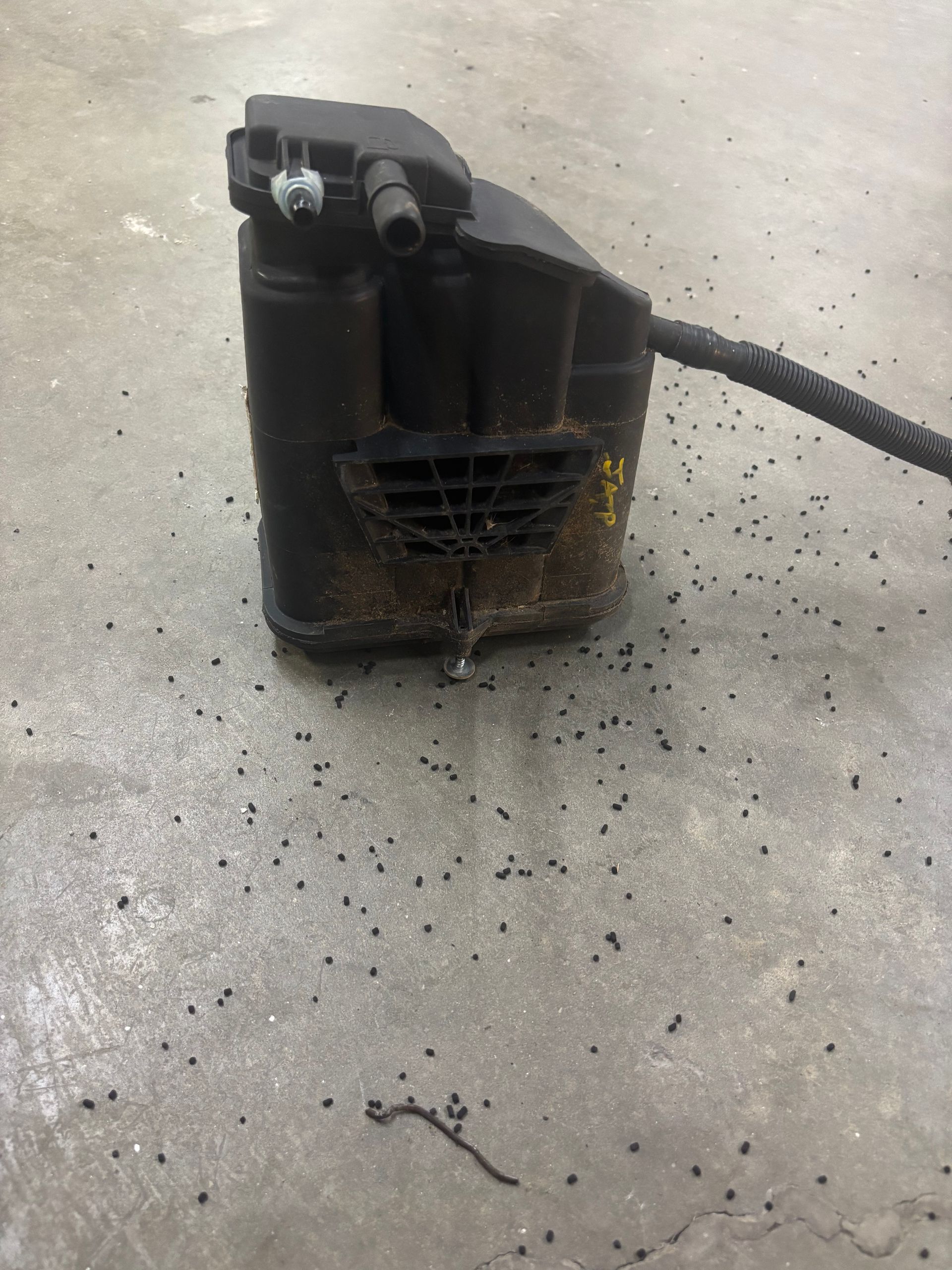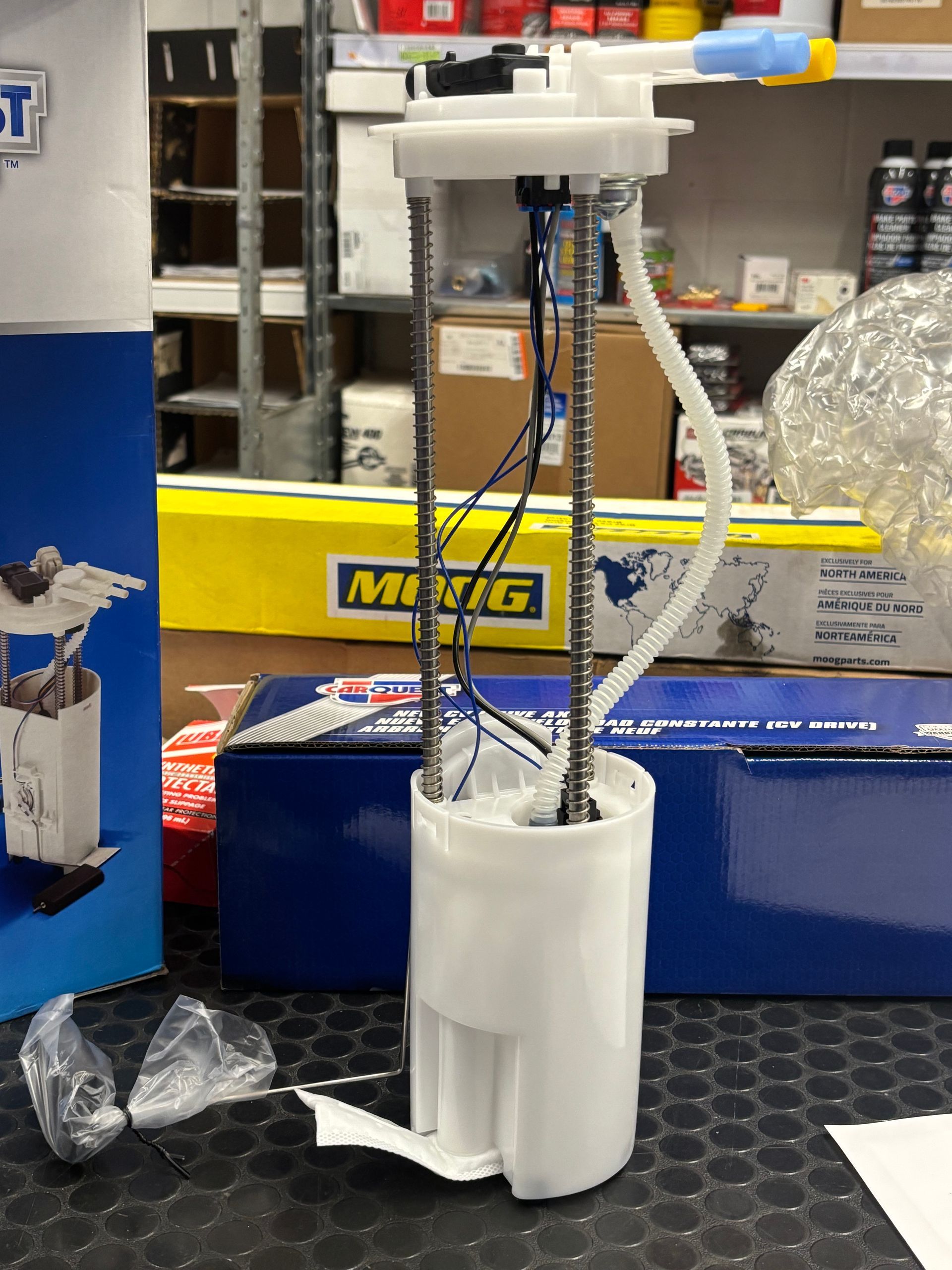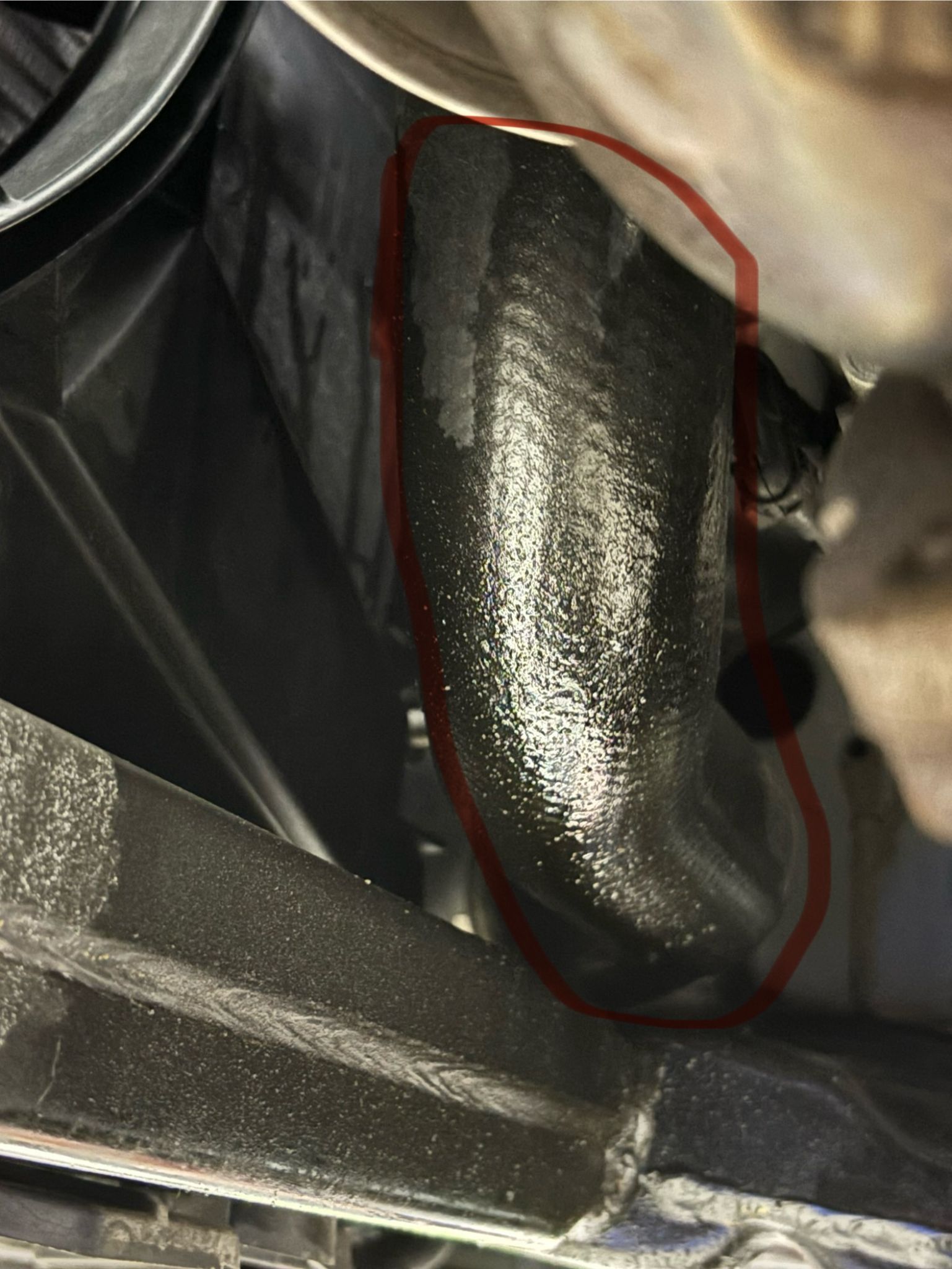How Do Engines Work?
How Do Engines Work?
Everyone knows that the thing powering our vehicles is either an engine or electric motors. Electric motors are simple; they need power from the battery, and that's it. But when talking about combustion engines, it's a whole other story. They are complex wonders of engineering with a lot of other systems they rely on.
In this blog, we will take a closer look at engines and how they work. We won't go into detail about all the parts and bolts. Instead, we will make it simple and easy to understand. We will split the job it does into a couple of steps, so here they are:
Air Intake
The first thing that happens in your combustion engine for it to make the thousands of explosions needed to power your wheels is that it takes in air. This happens in every cylinder in your engine, and inside those cylinders are pistons that move up and down. When they start moving down, the air intake valve is opened, and air is injected.
Fuel Injection
Alongside air, there is also fuel injected while the pistons are going down. Fuel injectors spray a mist of fuel that mixes with the air - making it extremely flammable. Before all of this happens, there is a complex system that pumps the fuel from the gas tank to the engine.
Combustion Process
There are two types of combustion processes: combustion due to compression and combustion due to spark. Both of them happen when the piston is at the top of the cylinder. When the explosion happens, the piston is pushed down with all of the force produced by the process. From there, it is carried down the line to the transmission and wheels. The most amazing part is that all of this happens thousands of times per second.
Getting Rid Of The Exhaust Gasses
After each explosion, the exhaust valves open up and take all of the CO2 away from the cylinders. After that, it is either directed to the exhaust system or turbo ( the turbo is powered by the exhaust gasses and, as a result, moves more air into the air intake process).
Cooling
While everything from above is happening, coolant is going through the engine, making sure things don't overheat. After it goes through the block, it travels to the cooler and starts the process all over again.
After reading all of this, you have an idea why engine maintenance is so important. And if you need any work done on your engine, make sure to stop by Automotive Blessings. Whatever the problem might be, we will be happy to solve it!
